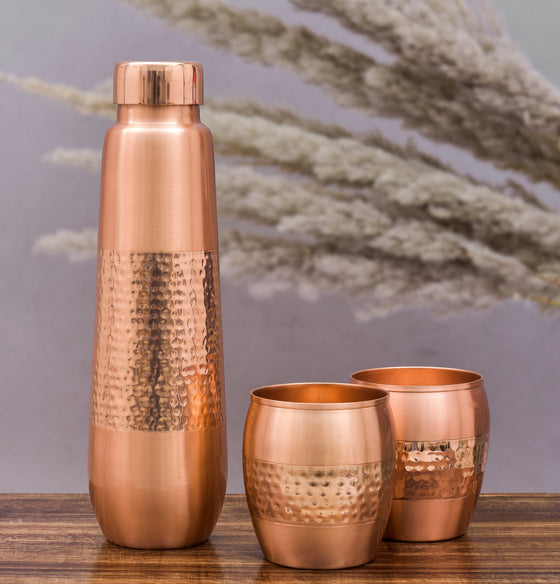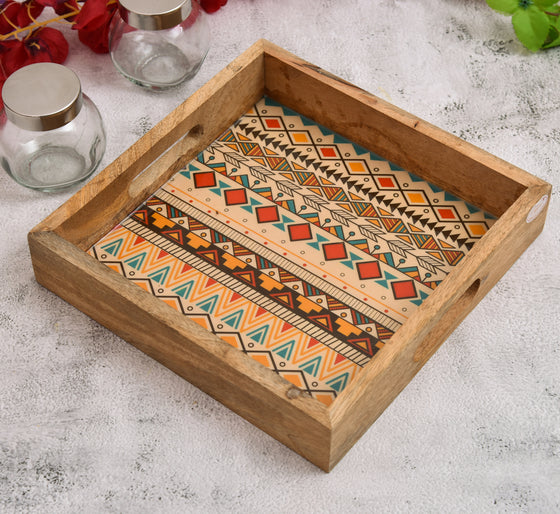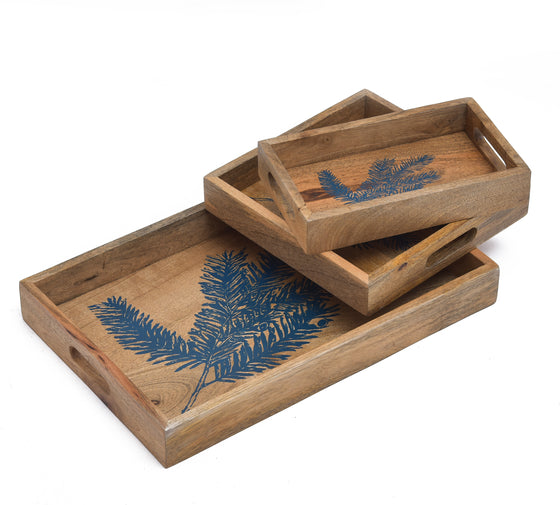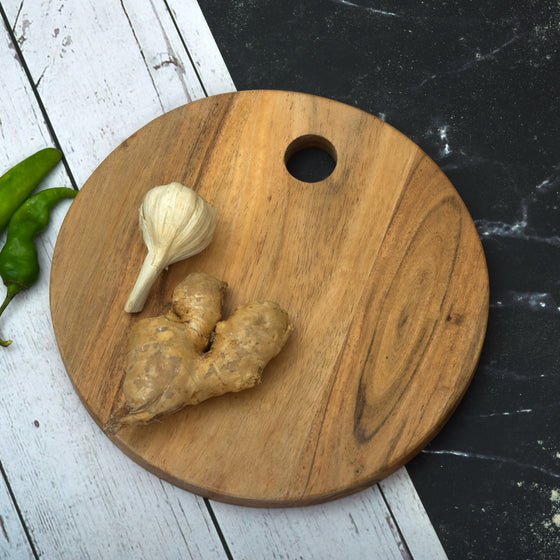Health Benefits of Using Wooden Kitchenware
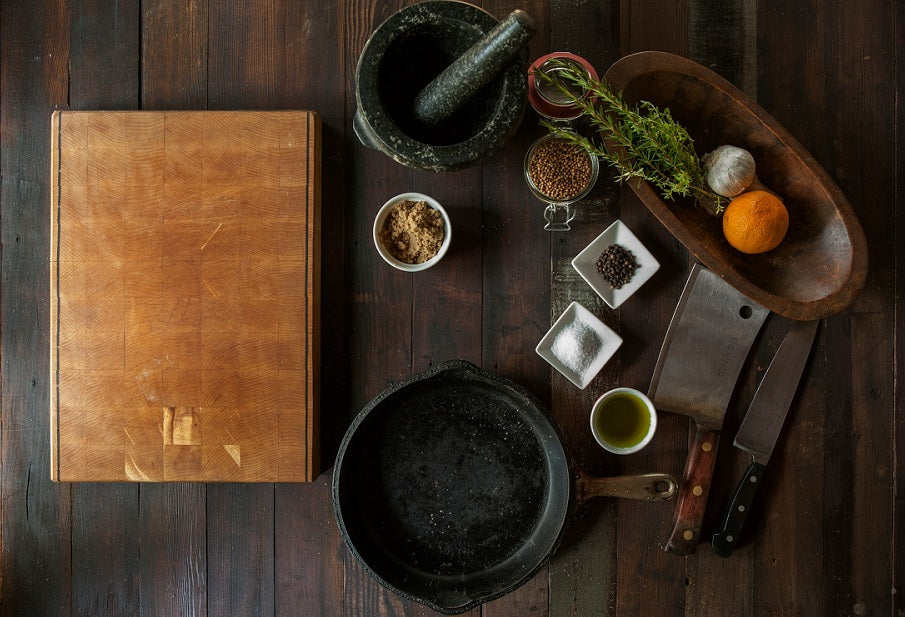
Since people have understood how bad plastic is for the environment and people's health, wooden cookware has grown in popularity. An unusual and traditional material, natural wood is returning to our contemporary kitchens. Examples of this include robust wooden spoons for mixing and attractive wooden bowls and cutting boards. Unlike harsh metals or porous plastics prone to bacterial growth, wood offers a renewable, antibacterial surface for food preparation and storage while enhancing flavors through its subtle absorption of liquids. Trade in those scratched plastic cutting boards for rich acacia or smooth mango wood versions that will last for years with proper care. Eco-conscious consumers now have attractive, sustainable options for all types of wooden cookware, serveware, and more that won't leach chemicals or retain stains like their conventional counterparts. Both innovative manufacturers and traditional woodworkers are responding to demand for these natural, non-toxic wooden alternatives that promise to be gentler on both the environment and our health, not to mention adding a touch of nature’s beauty to our time spent creating meals for loved ones. With such unique advantages, it’s no wonder wood is making a comeback in kitchens today.
Benefits of Using Wooden kitchenware
1. Natural and Eco-Friendly Materials
Wooden kitchenware is crafted from natural materials like Mango wood, acacia, and bamboo which can be renewed faster than cutting down rainforests. Responsible sourcing of wood supports local artisans rather than petroleum-based plastic production which utilizes fossil fuels and harms the planet. Choosing sustainable wood products reduces your carbon footprint.
2. Non-Toxic Properties
Wooden cooking utensils and serving boards do not utilize toxic stains, paints, or preservatives, preventing dangerous chemicals from leaching into foods during preparation or serving. This avoids health risks like hormone disruption, cancer, and reproductive issues potentially caused by long-term plastic and ceramic use over high heat.
3. Preservation of Food Taste and Quality
The porous nature of wood allows subtle absorption of liquids and oils, naturally enhancing food flavors. Unlike metal or plastic which can impart a chemical taste, handcrafted wood preserves the integrity of ingredients in a way industrial materials cannot replicate. Carving boards are ideal for this.
4. Reduction of Chemical Exposure
Wood resists sticking and bacteria growth without strong detergents, limiting chemical exposure while cleaning through simpler soap and oil maintenance.
5. Antibacterial Properties
The natural oils in wood make it resistant to bacteria accumulation, unlike easily scored plastic cutting boards which harbor dangerous microbes. Wood's antibacterial qualities make it safer for raw meat handling while being gentle enough for fruits and veggies too.
6. Prevention of Scratches on Cookware
Quality wood utensils will not scratch delicate ceramic or glass cookware. Wood is also gentle on expensive non-stick pans, which harsh metal can easily damage over time. Protect your investments with gentle, effective wooden kitchen helpers.
How to use wooden kitchenware Properly
Proper cleaning and maintenance
Like any treasured kitchen investment, woodenware must be hand-washed gently and then dried thoroughly to prevent cracks or warps. Hot water can damage integrity over time, so use mild soap and room temperature water paired with prompt drying and annual oiling to retain natural antibacterial properties without destroying the material.
Avoiding prolonged exposure to moisture
While wood can safely withstand quick exposure to water during cooking tasks, prolonged submersion or wet storage creates the potential for mold growth in tiny crevices. Ensure wooden spoons, boards, and bowls are not left sitting wet for over an hour. Rather, quickly hand wash then fully dry on open racks or propped at an angle to allow air circulation.
Seasoning wooden utensils
Before first use, rub a food-safe oil-like mineral oil deeply into new wooden spoons, spatulas, and other utensils. Allow it to fully absorb over 24 hours which waterproofs and protects items for longevity. As needed, re-oil lightly when wood looks dry but at minimum once yearly. Combined with proper cleaning, this seasoning retains natural beauty while preventing splinters.
Bring Natural Simplicity to Your Kitchen
With its sustainability, durability, and impressive benefits for food safety and taste, it’s no wonder wooden kitchenware is making such a welcomed comeback into modern homes. Oggn Home offers the widest selection of handcrafted wooden kitchen helpers like smooth, ergonomic spoons and spatulas designed to feel perfect in your hand while enhancing flavors with every stir. Their sustainably sourced acacia wood mixing bowls retain stunning grain patterns sure to brighten meal prep while round serving boards carved from antimicrobial mango wood provide the ideal surface for everything from raw meats to sliced fruits. Clean up easily with quick hand washing and oil treatments.
Investing in Oggn Home’s wooden kitchen and tableware means bringing simplicity, charm, and renewable materials into a space that nurtures your family each day. Savor both delicious foods and environmental consciousness with responsibly sourced wooden kitchen tools designed to last for generations when properly maintained. Give new life and flavor to your favorite recipes with wooden kitchenware today!
